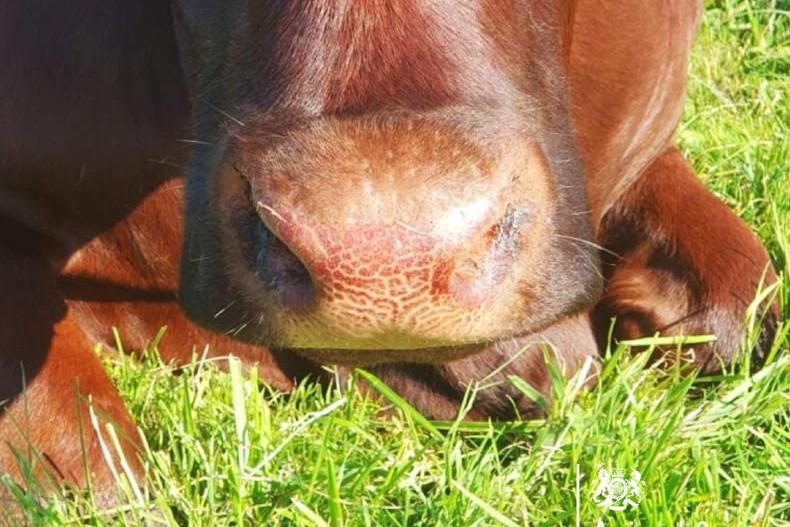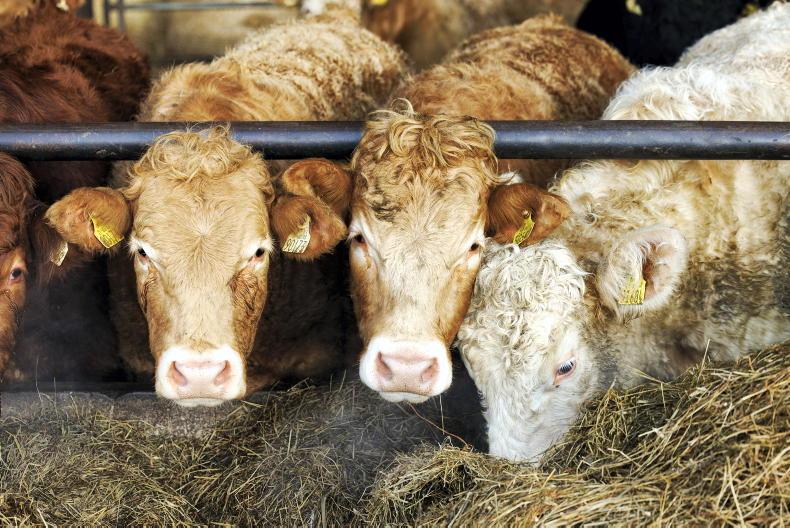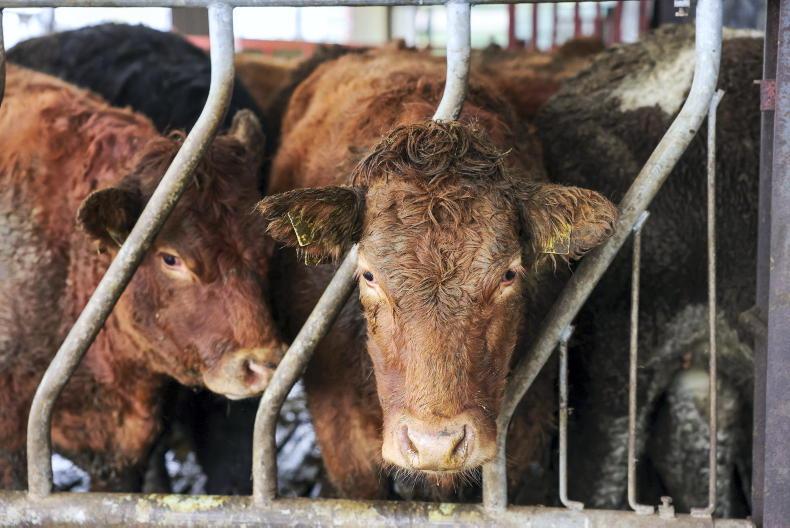This year, we’ve had numerous reports of scratching lambs and sheep, some post-treatment. The most likely causes are lice or scab mite infestation.
These are spread from sheep to sheep or via contact with contaminated fences or equipment in the case of scab. Infestations tend to occur during autumn and winter. Distracted by itching, sheep have reduced intakes, thereby inhibiting thrive.
Quarantining all new sheep on arrival is good practice. It is very important to distinguish between scab and louse infestation; different types of treatment are necessary. However, it is possible for sheep to be infested with both. Scab is a notifiable disease.
Many suspect sheep are treated with injectable products ‘just to cover them’. This is a waste of money and increases the risk that these products will not be effective as wormers in the future.
Increasing resistance is developing to these products in the scab mite population. Advice should be sought from your veterinary surgeon to aid correct diagnosis and suitable treatment.
Lice can be seen with the naked eye on examination and with skin scrapes. Scab can be diagnosed with skin scrapes or from blood sampling.
The benefits of blood sampling some sheep means the disease can be detected before clinical signs appear and so limit spread through the flock.
Lice infestation is treated by using cis-cypermethrin or deltramethrin pour-ons. Scab is treated using injectable worming products moxidectin, doramectin or ivermectin.
Use of these wormers for treatment of scab greatly increases the risk that wormer resistance will develop on the farm.
Variable persistence and treatment protocols between these injectable products mean they should not be used without veterinary guidance, especially if the sheep are returning to the same fields.
Both scab and lice can be treated with organophosphate plunge dips.
Other methods of applying these products are ineffective, as they only reduce clinical signs for a while and do not help to treat fully and will lead to development of resistant mite strains in the future.
In summary, quarantine all new sheep on arrival and contact your vet if any sheep are still itching after treatment.
Kieran Devaney BVM&S works at Ormonde Veterinary, 14 Barrack St, Kilkenny. Ormonde Veterinary is part of XLVets. XLVets is a group of progressive practices who are working together to achieve a better future for agriculture and veterinary in Ireland. For further information, go to www.xlvets.ie.









SHARING OPTIONS